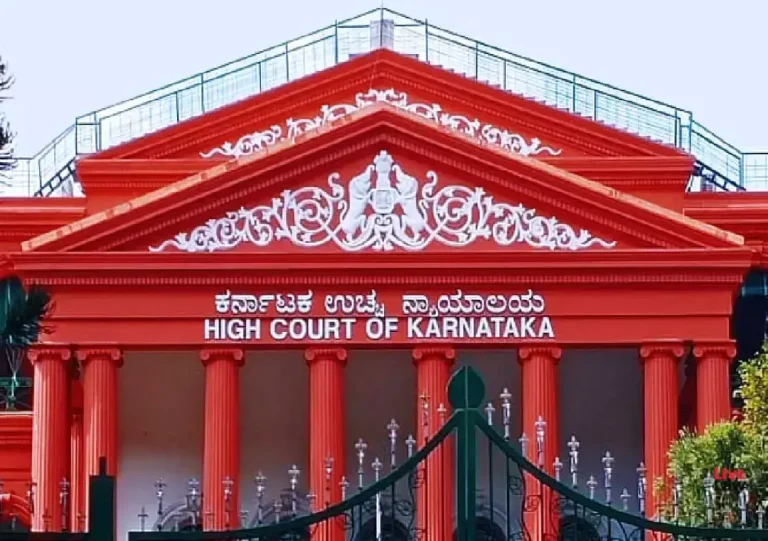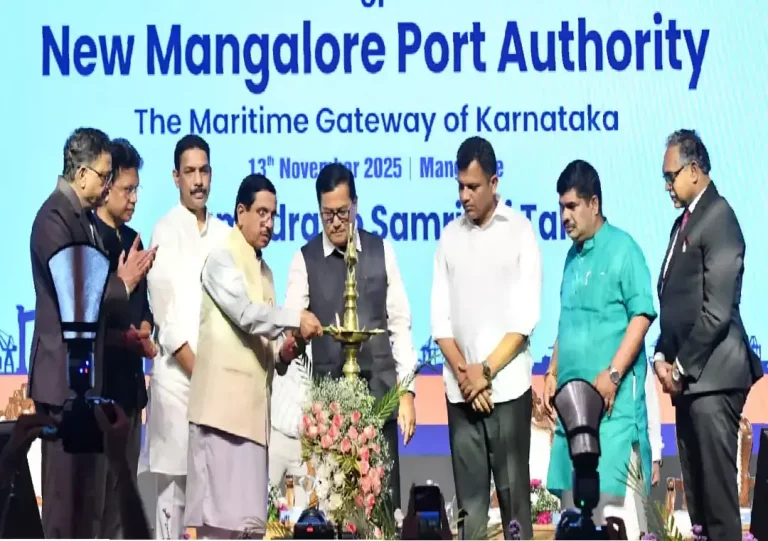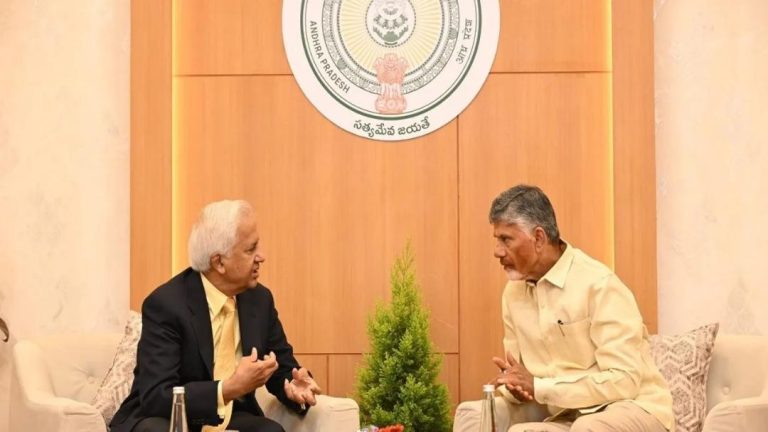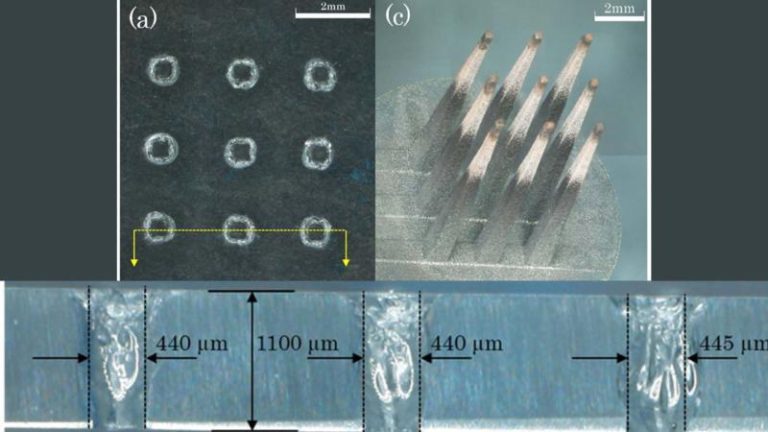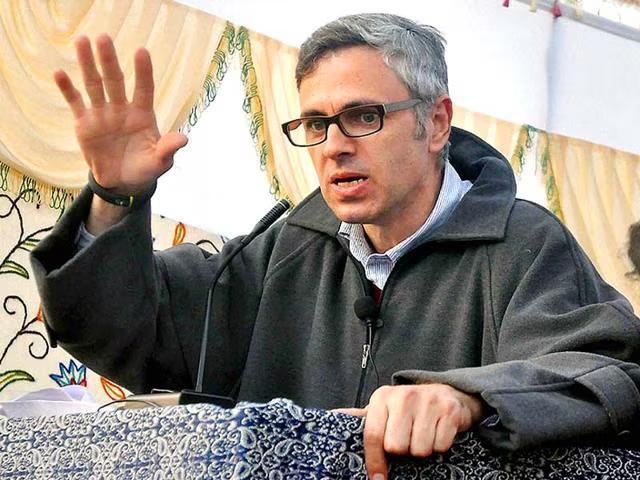
US Doesn’t Care About Any Other Country: J&K CM Omar After Trump-Pak Army Chief Lunch
The recent lunch meeting between US President Donald Trump and Pakistan army chief General Asim Munir has sent shockwaves across the globe. While many have been left stunned by the unexpected development, Jammu and Kashmir Chief Minister Omar Abdullah has reacted sharply to the news, stating that the US does not care about any other country’s interests.
In a shocking move, Trump hosted Munir for lunch at the White House, sparking concerns about the US’s stance on Pakistan’s role in the region. The meeting has been perceived as a significant development, considering the long-standing tensions between the US and Pakistan.
Reacting to the news, Omar Abdullah, the Chief Minister of Jammu and Kashmir, expressed his disappointment and frustration. “We can’t dictate to the US President whom he should invite for dinner. We used to think the US President was our close friend, and he’d respect that, but the US does what benefits them, they don’t care about any other country,” he stated.
Abdullah’s comments have sent a clear message that the US’s actions are driven by its own self-interest, rather than a genuine desire to foster good relations with other countries. His statement highlights the perceived dichotomy between the US’s professed values of democracy and human rights and its actual actions on the global stage.
The US-Pakistan relationship has been marked by ups and downs over the years. While the US has provided significant economic and military aid to Pakistan, the country has also been accused of supporting terrorist organizations and providing safe haven to militants. The meeting between Trump and Munir has raised concerns that the US may be willing to overlook Pakistan’s questionable actions in order to advance its own interests in the region.
Abdullah’s reaction is not surprising, given the history of tensions between the US and Pakistan. The US has long been critical of Pakistan’s nuclear program and its alleged support for terrorist groups. In recent years, the US has also been involved in a proxy war with Pakistan in Afghanistan, where both countries have been backing different factions.
The meeting between Trump and Munir has also sparked concerns about the US’s stance on terrorism. Pakistan has been accused of providing support to terrorist organizations, including the Taliban and the Haqqani network. The US has long been critical of Pakistan’s failure to take decisive action against these groups, and the meeting has raised concerns that the US may be willing to overlook these issues in order to advance its own interests.
Abdullah’s comments also highlight the perceived lack of transparency in the US’s diplomatic efforts. The meeting between Trump and Munir was not publicly announced until after it had taken place, sparking concerns about the US’s willingness to engage in secret diplomacy. The lack of transparency has led to speculation about the true nature of the meeting and the US’s intentions in the region.
In conclusion, the meeting between Trump and Munir has sent shockwaves across the globe, sparking concerns about the US’s stance on Pakistan and its role in the region. Omar Abdullah’s sharp reaction highlights the perceived lack of transparency in the US’s diplomatic efforts and the country’s willingness to overlook other countries’ interests in order to advance its own goals.
As the world waits to see what the future holds for US-Pakistan relations, one thing is clear: the meeting between Trump and Munir has raised more questions than answers. Will the US continue to engage in secret diplomacy, or will it adopt a more transparent approach to its dealings with Pakistan? Only time will tell.
